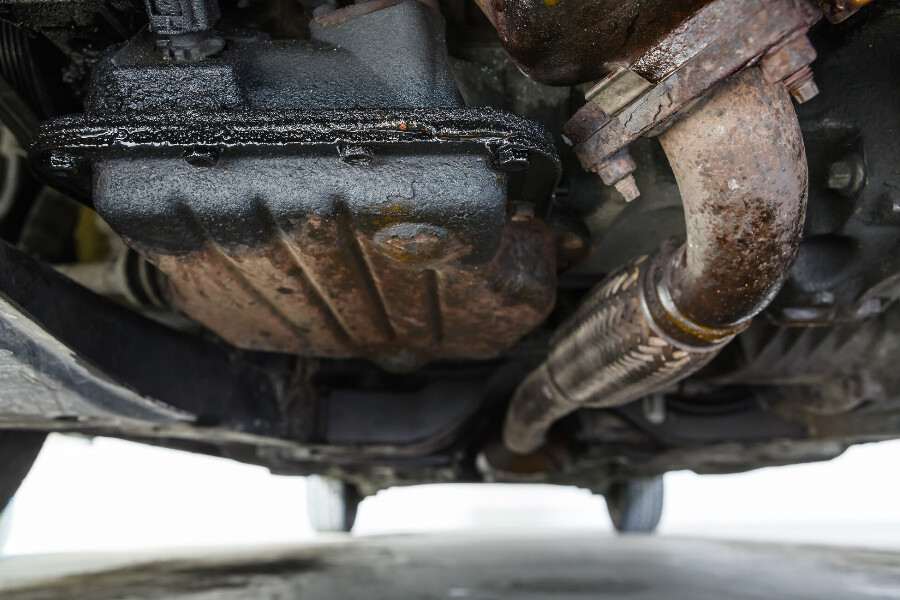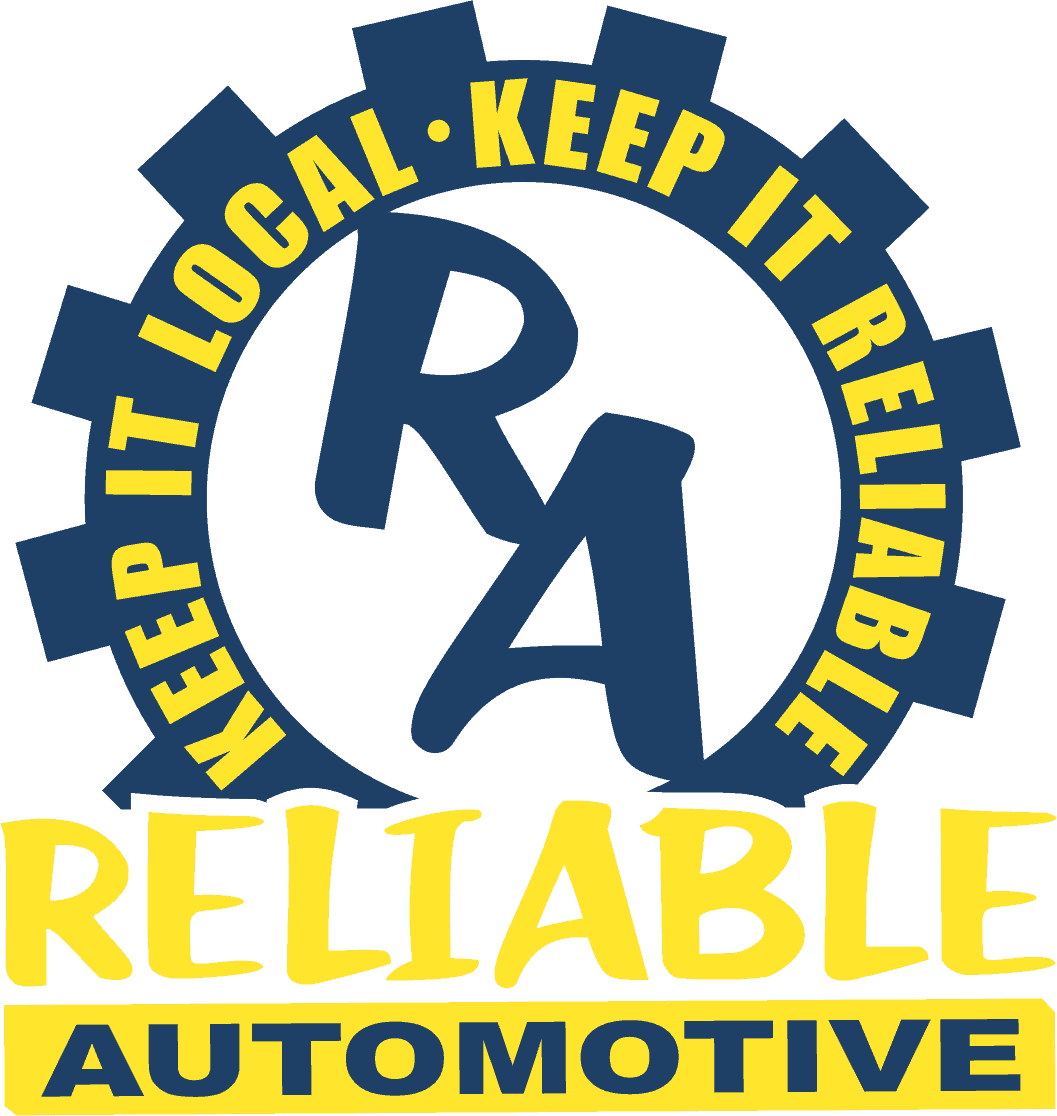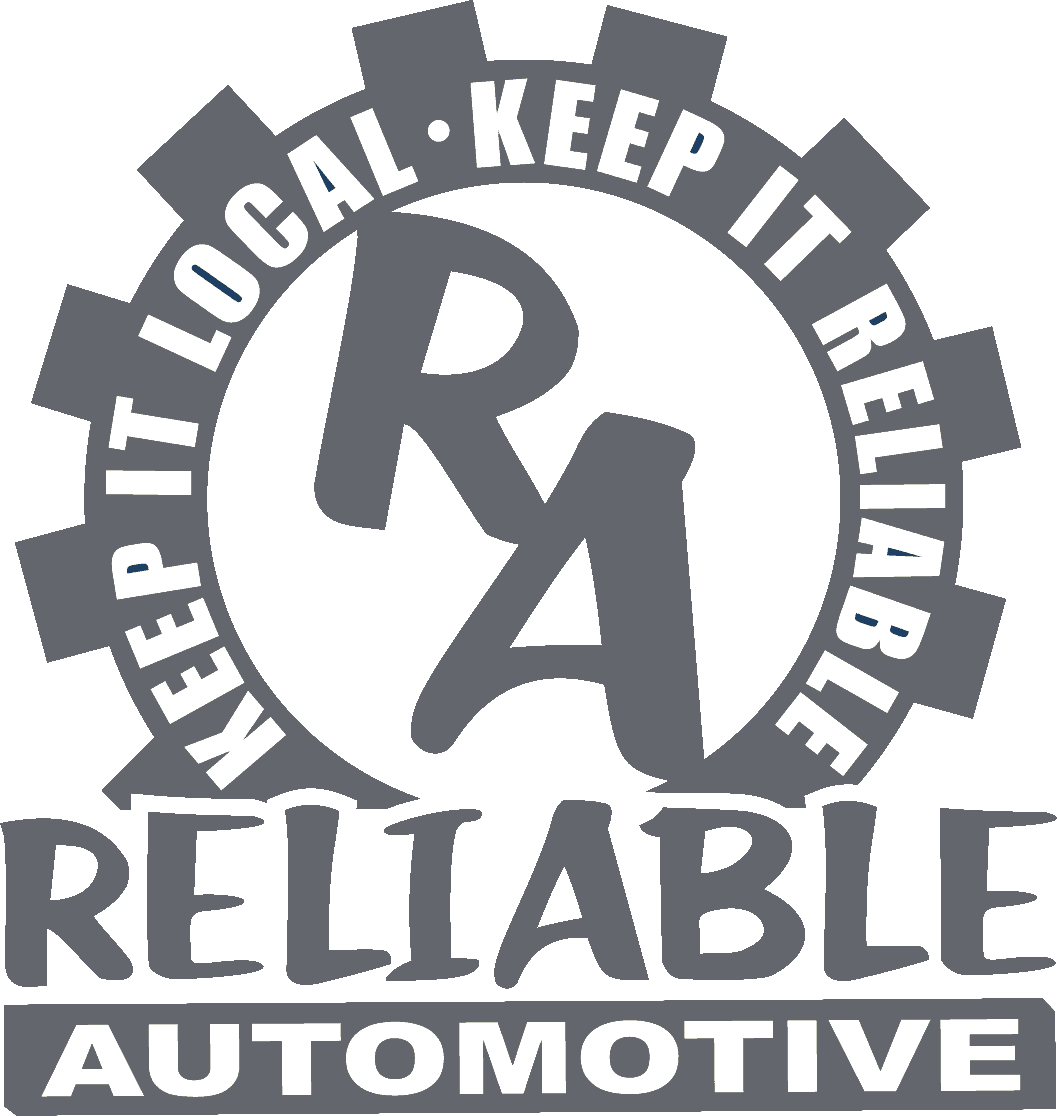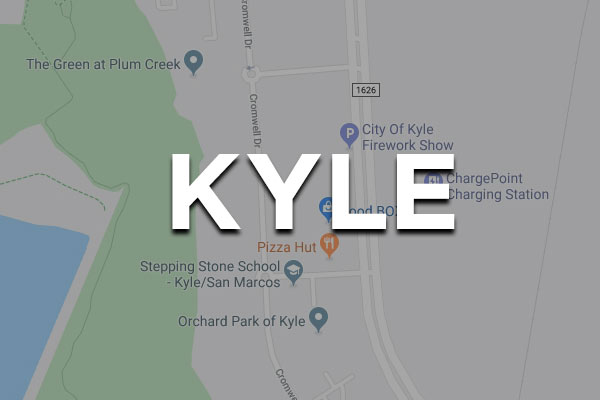
Your engine is the most important part of your vehicle, and oil is essential for your engine to run properly. If your engine leaks oil, it can cause all kinds of damage to your vehicle over time—not to mention the harm it can cause to the environment. Fortunately, if you know what to look for and perform some simple maintenance on your car, you should be able to avoid costly repairs for damage caused by leaks. Below we’ll take a look at common causes of these types of leaks, the effects of these leaks, and how to prevent these leaks.
Causes of Engine Oil Leaks
Oil leaks can be caused by a number of problems, but many issues are related to a handful of common underlying problems.
1. Inconsistent Oil Changes
Irregular oil changes can lead to damage to the valve gasket. Over time, oil can become too thick due to a build up of soil and dust. Thicker oil can add extra pressure to the oil gasket seal, which can cause the seal to become weak and leak.
2. Oil Filter
Oil filters that are not replaced and fitted properly can cause oil leakage. Automobile filter systems can vary from one model to another, and vary between car makes and models. Some filter systems have extra parts near the filter, and leaking can occur from these parts. These factors need to be considered when the oil filter is being replaced.
3. Worn Oil Drain Plug
Drain plugs are at the bottom of every oil pan. The threads of the plug can be misaligned, worn or loose. When plugs fit improperly or are worn, oil can seep out.
4. Oil Filler Cap
Oil filler caps can become loose, damaged, or go missing over time. The pressure generated by the engine can cause oil to leak while the engine is running if there are any issues with the oil filler cap.
Effects of Engine Oil Leaks
Engine oil leaks can cause a variety of problems for an automobile over time. Some of those problems include:
- Wear and Tear – Lack of oil can lead to metal-to-metal contact
- Radiator Issues – Oil can leak into the the coolant system and create sludge
- Air Conditioner Issues – Lack of oil can cause your compressor to malfunction and stop generating cold air
- Rubber Hoses & Seals – Oil that gets on hoses and seals can cause them to weaken and degrade
- Smoke & Fire – Oil dripping onto your exhaust manifold can cause smoke, and in some cases can catch fire
Maintenance to Help Prevent Oil Leaks
1. Regular Oil Changes
Regularly scheduled oil changes can help extend the life of an engine and prevent oil leaks. It helps ensure clean oil is constantly traveling through the engine, without an excess of dirt buildup. How often you need an oil change depends on your vehicle, the oil you use, and how often you drive. Your car manufacturer should have guidelines for how often to change your oil, or you can ask an expert.
2. Correct Oil Type
Different engines need different types of oil–your car’s owner manual should list the type of oil your manufacturer recommends. You’ll also need to factor in the type of climate you drive in (hot or cold), and ensure the oil you use has the correct viscosity.
3. Regular Inspections
During regularly scheduled inspections any signs of a leak can be checked and fixed, if needed. These checks between oil changes can ensure there are no leaks that can wreak havoc on your car over time.
Conclusion
Taking care of your car and performing routine maintenance can help avoid problems caused by engine oil leaks. If you do notice any leaks, it’s important to get them taken care of quickly so they don’t cause lasting damage to your vehicle.






